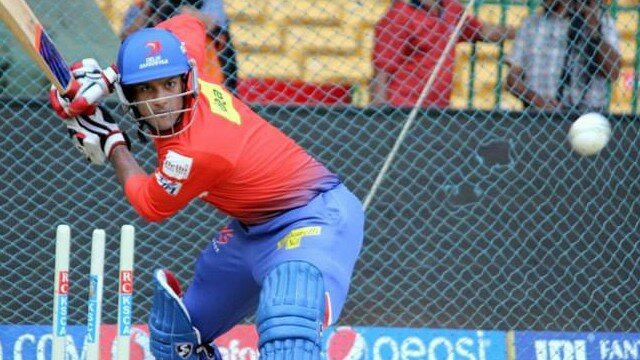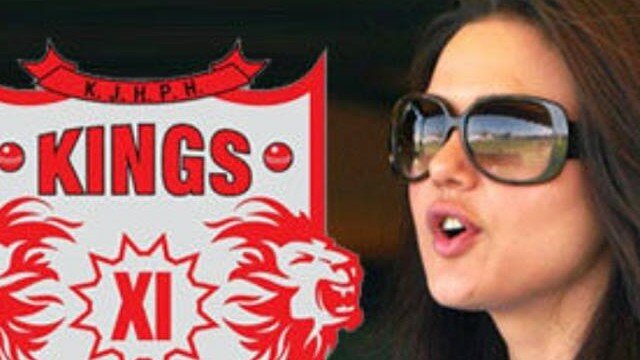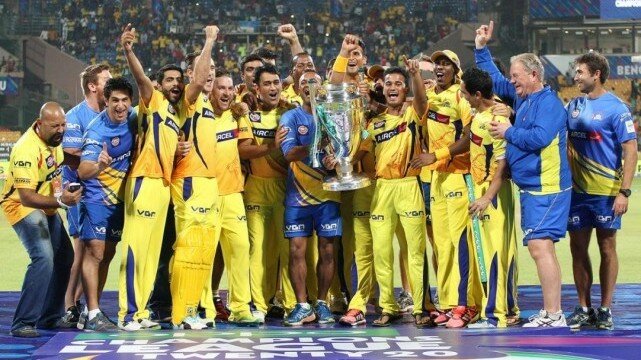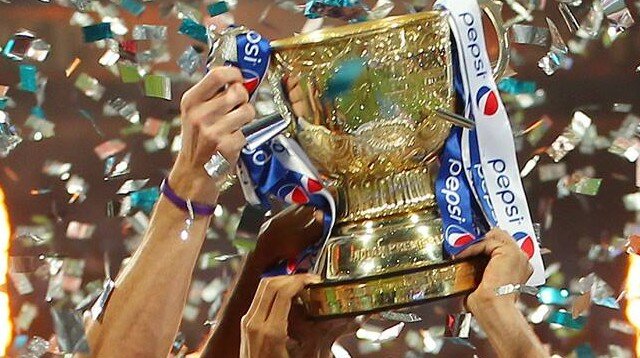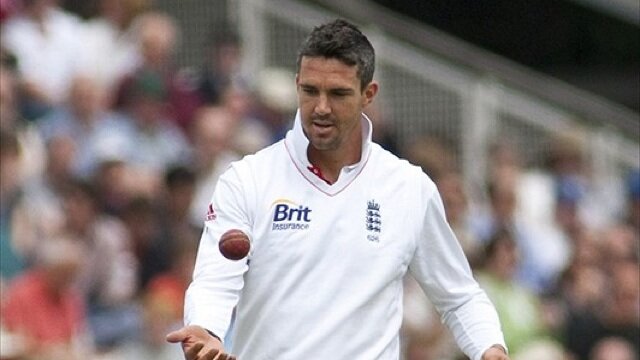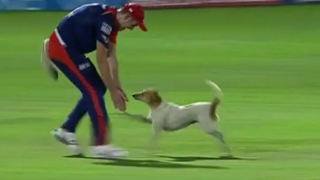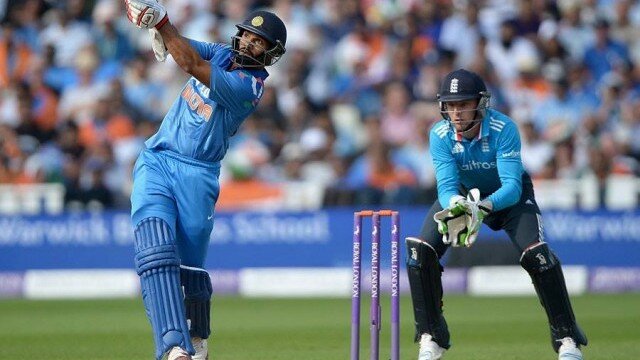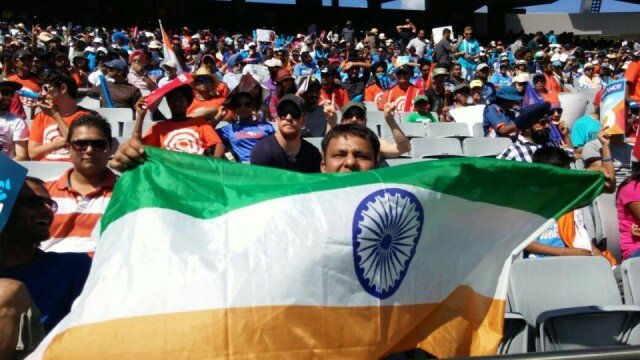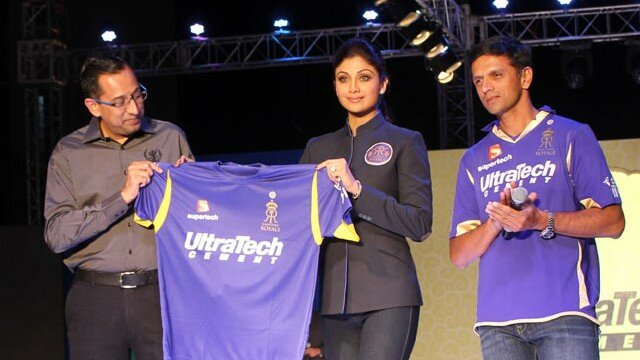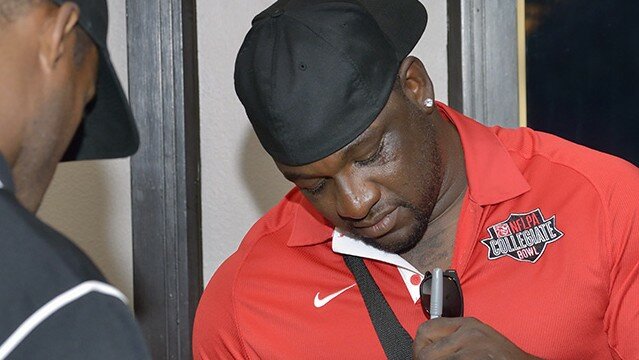
Former Minnesota Vikings wide receiver Kenny Clark had a short career in the NFL, dealing with back injuries year after year. And although it would be his back that ultimately forced an early retirement, not a day goes by that he isn’t thankful for the opportunities he had. For everything the game took from Kenny, it gave back even more. If he can’t even walk properly by the time he’s 50 years young, Clark will “still have no regrets.”
After a solid high school career at Vanguard High School in Ocala, Florida, Clark went on to play at the University of Central Florida. He was a two-year captain at UCF and finished with 130 receptions for 1,655 yards. Surprisingly, Clark only began playing football in the ninth grade.
Prior to that, his energy and efforts were directed towards rehabbing from a life-threatening accident.
On a Friday, he hit the first home run of his little league career. The next day, he was in a coma.
When Clark was just 9 years old, he was the victim of a hit and run car accident.
“I was walking home from the Boys & Girls Club,” he said. “It [the van] was going like 80 miles per hour.”
“I flat lined. I was in a coma for 23 days. The doctor said I couldn’t play any contact sport ever, that any sort of hit could end my life.”
When Clark came out of his coma, the doctor told his mother that he only had a 30 percent chance of living past the next few years. If he got hurt again, chances were that he’d end up being a vegetable for the rest of his life.
“When I woke up,” Clark said, “I was all healed from my injuries and everything. Couldn’t walk, had no strength, but the pain was gone.”
“I feel like my mom and my family went through everything. The real struggle was with them and the waiting.”
After months of rehab just to be able to walk properly, Clark’s interests went to basketball. He played through middle school and even at Vanguard High.
Once he got to ninth grade, however, peer pressure nudged him towards the football field.
“All my friends were going out to play football,” Clark said. “I didn’t even tell my mom; I just went out and played. When she found out, she got mad at me because the doctor had said a hit could kill me.”
Clark’s mother rushed him to the hospital the moment she heard about him playing football. The same doctor from his accident did some tests and found no damage.
“He [the doctor] said it was a miracle. ‘Nothing is gonna hurt this kid. He’s free to do whatever he wants to do.'”
Nearly two decades later, Clark still remembers the first big hit that made him question, albeit slightly, his future with the sport. It happened during a playoff high school game with his older first cousin Daunte Culpepper as the QB of Vanguard HS (Culpepper and Clark would both go on to play together at UCF as well).
In the second round of playoffs in his junior year, Clark was on the receiving end of a violent hit incurred during an unorthodox play.
“My cousin, he threw me a bounce pass, and it was supposed to be a trick play,” Clark said. “It was supposed to look like an incomplete pass [where] I catch the ball and throw it, but it didn’t work out that way. He threw me the bounce pass, it hit the ground and I caught it.”
“I’m just looking at him like, ‘Dude, why’d you short-hop it to me?’ So as soon as I get ready to turn, this guy, I think he ended up going to Florida State, he hit me so hard that I think he knocked me out. The paramedics had to come, he hit me that hard.”
Clark was diagnosed with a concussion, but was cleared to play the next game.
By the time Clark was at University of Central Florida, he had endured more than his fair share of obstacles. At UCF, he was finally able to learn, grow, and become the player he always hoped to be.
His first collegiate touchdown came in early September 1998, when he completed a 54-yard catch-and-run pass play began by Culpepper. Clark entered his senior season as UCF’s no. 1 wide receiver after playing behind the likes of Todd Cleveland, Siaha Burley and Charles Lee the past few seasons. To this day he credits his summer workouts in 2000 with Culpepper, Chris Carter, and Randy Moss – all Minnesota Vikings – for helping him get to the next level.
“I worked out with all of them,” said Clark. “That taught me so much. I came back from that summer working out with them and I was just a completely different player. They taught me so much about how the game’s played, how to run routes properly.”
When he returned for his senior season after working out with the pros, Clark was a much-improved prospect. His coach didn’t approve of the changes initially, but had nothing to say when he found out whom Clark was learning from.
“My coach understood, told me I could continue to do what I was doing,” Clark said. “But the rest of the team still had to listen to him.”
In April 2001, Clark signed as a rookie free agent with the Minnesota Vikings. Again, he had found a home away from home with Culpepper as the starting QB.
Over the next few years, Clark would battle constant back injuries to keep his pro career alive. In 2004, Clark and his agent went to see a doctor after his back and legs didn’t feel right in practice.
Clark was rushed over to the doctor immediately. After some basic tests, the doctor in Minneapolis suggested Clark go see a specialist. The following week, Clark flew to Los Angeles to consult with Dr. Robert Watkins, USC’s team doctor and one of the best spine surgeons at the time.
“I saw him at St. Vincent’s Medical Center in downtown LA,” Clark noted. “He took a look at my back and said, ‘I don’t know how to tell you this but your career’s done.’ My agent was with me, and he just started laughing because he knew the NFL had to pay me.”
“My injury was so bad and severe that it was justified that they had to pay me. I filed for total and permanent through the NFL. It took a while, but I eventually won.”
Clark’s fractured spine forced him to receive a spinal fusion, a surgical technique used to join two or more vertebrae. Nine years later, Clark still feels regular pain due to the “accumulation of hits.” Any sort of exercise or training regimen beyond simple treadmill work results in Clark not being able to walk for the next two days.
His best moments in the league came in 2003 when he averaged 16.5 yards as a punt returner for the Vikings. It has been nine years since Clark has been able to play football, let alone professionally.
After moving from Georgia to Los Angeles a couple years back, Clark is focused two things: making sure his kids get the opportunities they need and launching a television career as an analyst or host. He hopes to get involved with local media outlets in the near future.
No matter where life takes him next, Clark has learned to always stay upbeat.
“When you die and come back, it doesn’t get any worse,” he said. “I talked myself into accepting that nothing in life could stop me. I never have any regrets or feel sorry for myself.”
Rohit Ghosh is a Senior Writer for www.Rantsports.com. Follow him on Twitter @RohitGhosh. “Like” him on Facebook or add him to your network on Google.
 Share
Share 

